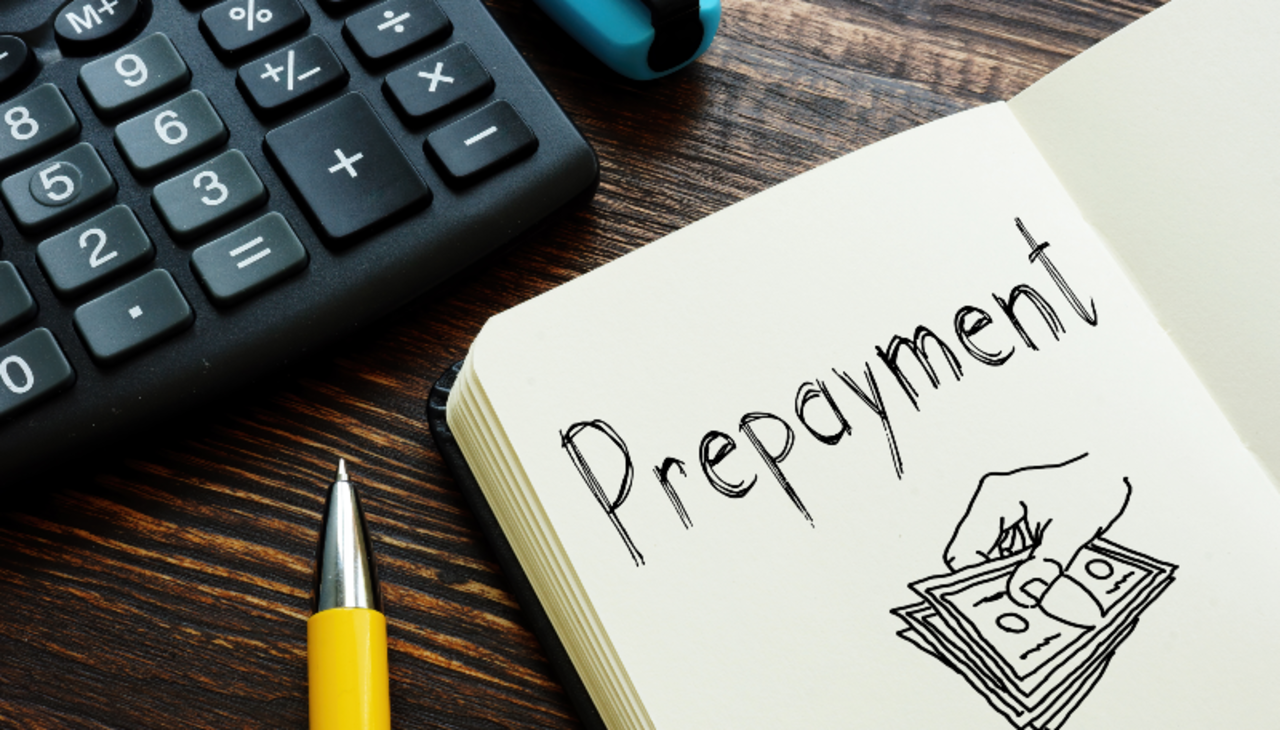Understanding real estate investment risk

Yes, I'm a landlord. No, I'm not evil, greedy, or inhumane. I’m just another person trying my best to make ends meet, I promise!
Throughout 2020, we’ve seen plenty of news stories about the struggles facing tenants who can no longer afford their rent, rent strike movements, and inconsiderate landlords threatening to turn people out onto the street.
What we haven't heard so much about are the struggles facing mom-and-pop landlords who have also lost their jobs and without their tenants’ rent can no longer afford their bills.
Those who rely on that rental income to pay their bills—their mortgages, their taxes, their property insurance and utility bills—cannot afford rent decreases and months of unpaid rent.
Right now, the way the Ontario Landlord and Tenant Board system is set up (especially given the pandemic-induced backlogs), if a renter doesn’t pay their rent, they may not face eviction for months or even years. On the other hand, if a landlord doesn’t pay their mortgage, they’ll face foreclosure in as little as 15 days. For small-time landlords who rely on their property for income, for their retirement savings, or simply just to cover their day-to-day bills, a tenant who’s unable to pay rent can be a devastating situation for both the tenant and the landlord.
In my own experience, I’ve really struggled to retain my tenants throughout the pandemic. I’ve lost two tenants mid-lease, a doctor who was recalled back to his home country to fight Covid-19 on the front lines, and a software developer who had to move out due to mental health concerns. At the worst moment, despite having significantly reduced the rent to a level that could only just cover my costs of ownership, it took me six months to find another tenant. At a time when my own income had taken a drastic dip, I had to dig into my savings to cover the losses.
The pandemic has taught me that investing in real estate is not a risk-free slam dunk. When you add up the skyrocketing cost of buying a home, paying the mortgage, taxes, insurance and utility bills, the cost of being a landlord is extremely high, and the returns are not guaranteed.
It’s not in the interest of those looking to sell you an investment property to dive too deeply into the realities of the balance sheet when it comes to costs versus returns. A hot rental market can cool, and high rents can drop. Mortgage and insurance rates can increase, taxes can (and will) go up, and utilities can get more expensive over time.
On top of it all, a real estate rental investment isn’t like many other investments you might make in stocks or mutual funds. As a landlord you have a moral responsibility to provide good housing to another human being, and to reasonably accommodate them if anything about their situation changes. There is time and effort involved in relationship building and maintaining your property, as well as solving problems that arise quickly and effectively.
I still strongly believe in the personal and financial rewards of investing in real estate, but now that I’ve weathered some of the greatest risks, I have a better appreciation for the need to do my homework very thoroughly before signing on. There’s a fine line between a solid property investment and a money pit.








*The New Client 2.10% Interest Rate and $150 Cash Bonus Bundle Offer (the "Offer") is available to new Tangerine Clients who: (a) have a Client Number created between November 24, 2020 and July 31, 2021, (b) become a Tangerine Client using the Promo Code “EARNMORE”, (c) open an Applicable Savings Account within 30 days of the date their Client Number was created, and (d) open a Tangerine Chequing Account within 30 days of the date their Client Number was created (collectively the “Offer Qualifying Conditions”). The 2.10% Promotional Rate will apply to deposits made to an Eligible Client’s Applicable Savings Account(s) for 153 days (5 months) beginning on the date all Offer Qualifying Conditions have been met, to a maximum of $1,000,000 (in the currency of the Applicable Account) per Applicable Savings Account Type (for deposits to registered Applicable Savings Accounts made through a T2033 form, please see the full Offer Terms and Conditions). The Promotional Rate is an annualized rate, calculated daily and paid monthly. To be eligible for the $150 Cash Bonus, in addition to meeting all Offer Qualifying Conditions, an Eligible Client must switch their eligible payroll direct deposit for at least 3 consecutive months and must have the first payroll direct deposit received in their Tangerine Chequing Account within 60 days of Chequing Account opening. Limit of one (1) Cash Bonus per Primary Account Holder. The Offer is only applicable to Accounts where the Eligible Client is the Primary Account Holder. Offer is not transferable and can’t be combined with other promotional savings rate offers or chequing cash bonus offers. Full Offer Terms and Conditions, including definitions of any capitalized terms and a list of eligible payroll direct deposits, are available here. Offer may be changed, extended or cancelled without notice.